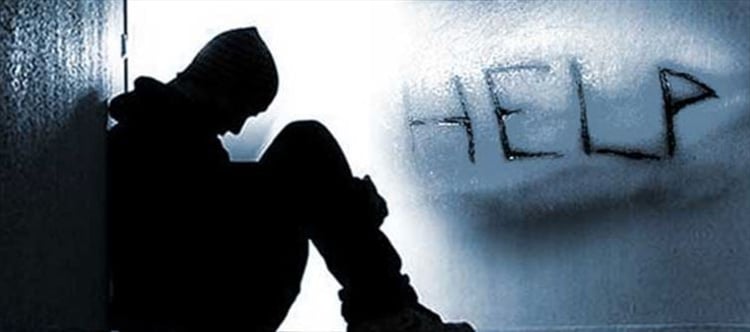
The National Crime Report Bureau estimates that as of 2020, india had 153052 suicides. 28 deaths per day, or 21.2% of the total, are caused by students. This is an increase of 10% from 2019 in terms of amount. The fact that the majority of students' mental health has deteriorated is evident from this, but little to no attention has been given to this situation.
The list of causes for these deaths includes failure in tests, failed relationships, receiving criticism from parents or teachers, academic stress, and more. The worst thing is that the victims are quickly accused of being cowards and excessively sensitive, and blame is placed on them. However, parents and educators fail to acknowledge that they also contribute to this.
Parents are a child's primary source of influence. Everything a child learns is built on the input provided by their parents. Sadly, most parents' advice is detrimental to their children more often than it is beneficial. For the most part, parents place more value on survival than on living. They instil terror in their children by telling them that this is a cutthroat world and that they must do everything it takes to win the struggle for survival. Additionally, they impose their goals and desires on their kids without taking into account their interests and strengths. The pupils are under tremendous pressure from their desire for grades. They are admonished, humiliated, and sometimes physically beaten if they are unable to remain competitive.
Apart from academics, children find it difficult to express their emotions to their parents. Children with workaholic parents experience loneliness and insecurity because they don't spend much time with them. Even when they are physically present, they are unable to see things from their point of view. They either overreact, become irate, or dismiss their problems as unimportant.
Most schools profit from parents' ignorance by exploiting it. To portray themselves as a school that consistently produces positive outcomes, they put a lot of pressure on students to earn good grades. Slow learners are subjected to bullying and contempt from their peers. Because the administration is concerned that their failure may damage the school's reputation, they are not allowed to enrol in the 10th and 12th grades. Either they are ordered to repeat ninth or eleventh grade, or they are expelled. teachers are under pressure to finish the curriculum by the due date, therefore they are unable to concentrate on the slower learners.
The sum of these elements will destroy a child's self-esteem. They take this drastic action when they believe they can no longer handle it. It is past time for psychological counsellors to be present in every classroom. parents, teachers, and children all stand to gain from it. Spending time with children should be a priority for parents, who should also foster a feeling of comfort so that children feel comfortable talking to them about their feelings. Schools should cease stressing students about grades and foster a learning atmosphere where they can hone their non-academic abilities. The government needs to investigate this matter and take the required steps to stop this epidemic of young suicides.
Suganth Ram




